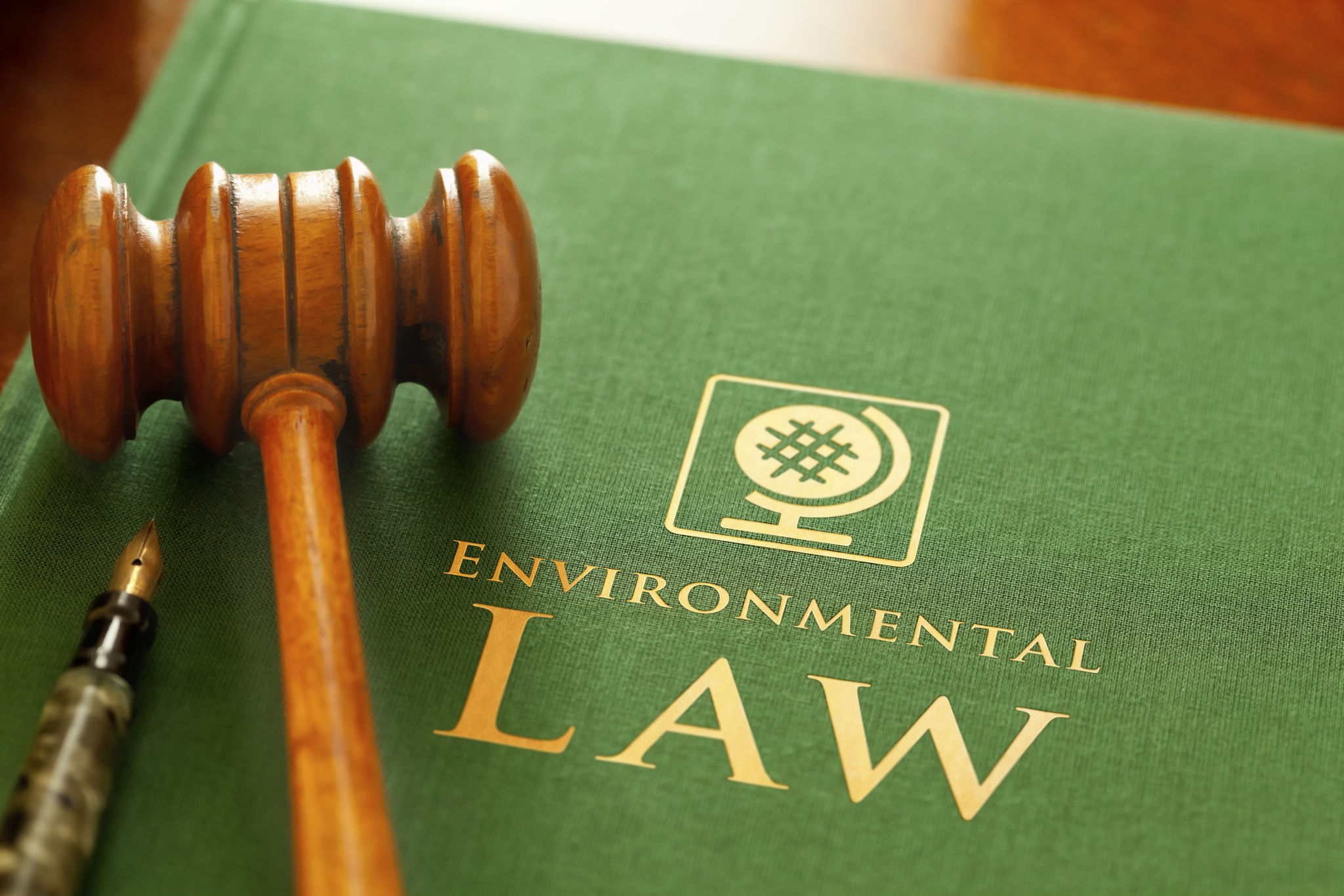Top Compliance Risks in Global Supply Chains and How to Mitigate Them
Understanding Compliance Risks in Global Supply Chains
In today's interconnected world, global supply chains have become increasingly complex. As businesses expand their reach across borders, they face a myriad of compliance risks that can significantly impact their operations. These risks can arise from various sources, including regulatory changes, geopolitical tensions, and environmental concerns. Understanding and addressing these risks is crucial for maintaining smooth and efficient supply chain operations.

Regulatory Compliance and Its Challenges
One of the primary compliance risks in global supply chains is adhering to the diverse regulatory requirements of different countries. Regulations can vary significantly from one region to another, covering aspects such as trade tariffs, labor laws, and environmental standards. Failing to comply with these regulations can result in hefty fines, legal disputes, and damage to a company's reputation.
To mitigate these risks, businesses should invest in robust compliance management systems. Regularly updating these systems to reflect changes in laws and regulations is essential. Additionally, fostering strong relationships with local experts and legal advisors can provide invaluable insights into navigating the complexities of international regulations.
Managing Geopolitical Risks
Geopolitical risks pose another significant threat to global supply chains. Political instability, trade wars, and economic sanctions can disrupt supply chain operations, leading to delays and increased costs. Companies must be proactive in monitoring geopolitical developments to anticipate potential disruptions.

An effective strategy to manage geopolitical risks involves diversifying suppliers and manufacturing locations. By reducing dependency on a single region or supplier, businesses can enhance their resilience against political upheavals. Additionally, developing contingency plans and maintaining open lines of communication with stakeholders are critical components of risk management.
Addressing Environmental Compliance
The pressure to meet environmental compliance standards is mounting as consumers and governments demand more sustainable practices. Non-compliance with environmental regulations can lead to severe penalties and loss of consumer trust. Companies must prioritize sustainable practices throughout their supply chains to mitigate these risks.
Implementing environmentally friendly technologies and processes is a step in the right direction. Businesses should also conduct regular audits to ensure adherence to environmental standards and seek certifications that demonstrate their commitment to sustainability.

Mitigating Cybersecurity Threats
With the digitalization of supply chains, cybersecurity has become a critical concern. Cyberattacks can lead to data breaches, operational disruptions, and financial losses. Ensuring the security of supply chain data is paramount for protecting both the business and its partners.
To mitigate cybersecurity threats, companies should invest in advanced security technologies and conduct regular risk assessments. Training employees on cybersecurity best practices and establishing protocols for data protection are also essential measures to safeguard sensitive information.
Conclusion
In conclusion, managing compliance risks in global supply chains requires a comprehensive and proactive approach. By understanding the nuances of regulatory requirements, geopolitical developments, environmental standards, and cybersecurity threats, businesses can implement effective strategies to mitigate these risks. Ultimately, a well-managed supply chain not only ensures operational efficiency but also contributes to a company's long-term success.
